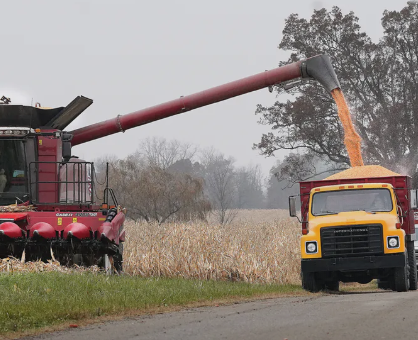Extension Foundation Online Campus

This course focuses on agricultural management choices and potential impacts on environmental systems. A few lectures focus on broader issues – agriculture trends, federal programs, and research.
- Teacher: Colleen Brady
- Teacher: Natalie Carroll
- Teacher: Nathan Hilliard
This course introduces, or reintroduces, the basic natural resources systems: soil, water, air, and wildlands.
- Teacher: Colleen Brady
- Teacher: Natalie Carroll
- Teacher: Nathan Hilliard
This curriculum was developed to provide a uniform, publicly-available, research-based stormwater core curriculum to:
- Build comprehension of the fundamentals of stormwater management, stormwater practices and maintenance processes
- Develop an understanding of and skills that support communicating the importance of stormwater management to community stakeholders
This training is designed for stormwater professionals such as public works and parks department staff, private contractors, stormwater managers and homeowners associations or other landowners who are responsible for a stormwater management practice. For more information or to enroll please contact Shahram Missaghi, University of Minnesota, miss0035@umn.edu
- Teacher: Shahram Missaghi
- Teacher: Deborah Weitzenkamp
Societal needs always have a consequence with regards to the environment. The efficient use of the world’s resources is key to sustainability. Several options exist when trying to determine which method best serves mankind and its environment. Life cycle analysis (LCA) methods offer a systematic approach to providing guidance in these decisions. Mastering LCA techniques is an integral part of a student’s preparation for a career that is professionally, environmentally, and socially responsible. This course is an overview of the various aspects of conducting and interpreting an environmental life cycle analysis on a product or service. Students will learn how to construct a life cycle analysis goal and scope, a life cycle inventory, a life cycle assessment, and an interpretation. Skills in the critique and communication of a life cycle analysis will be developed. The course will have an emphasis on systems thinking. The course is targeted for students in with a background in science or engineering.
- Teacher: Richard Venditti
- Teacher: Yuan Yao
- Director: Jane Frankenberger
- Coordinator: Sara Peel
